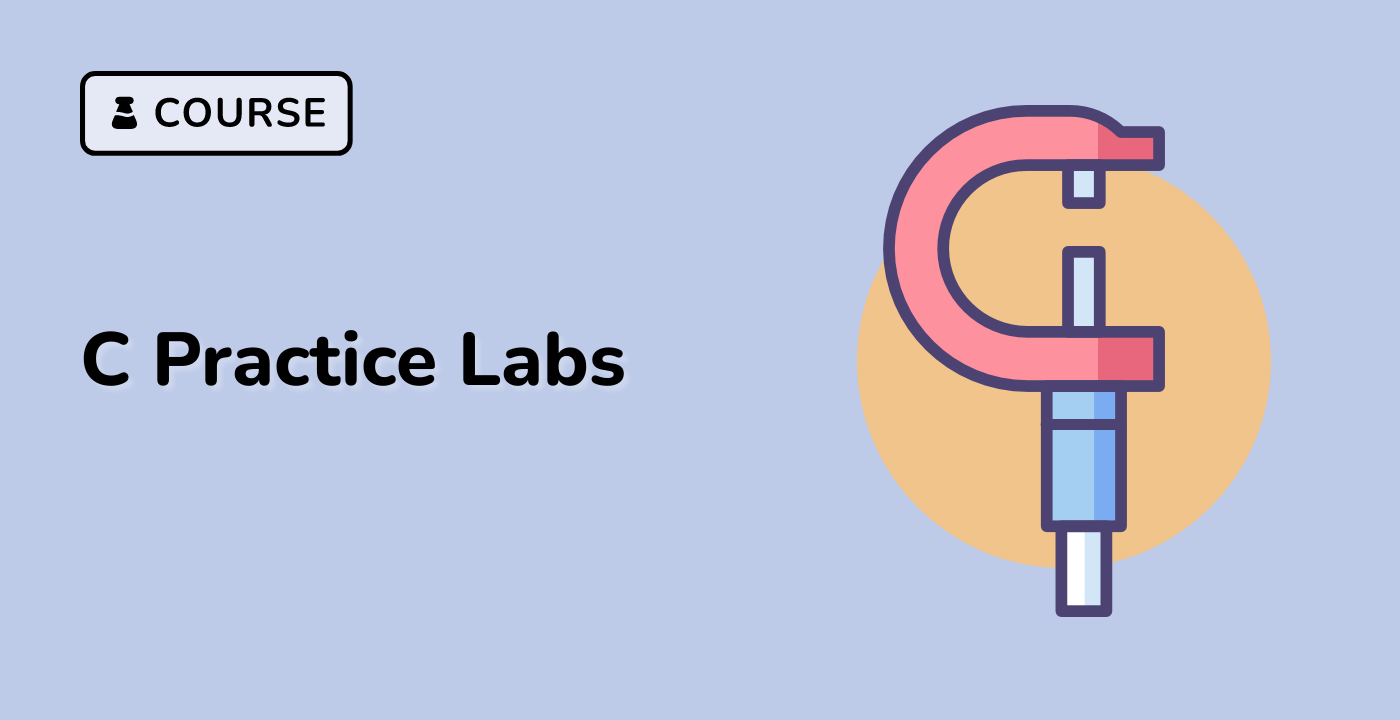Resolving Implicit Calls
Comprehensive Resolution Strategies
Resolution Workflow
graph TD
A[Detect Implicit Call] --> B[Identify Function]
B --> C[Add Function Declaration]
C --> D[Include Appropriate Header]
D --> E[Verify Function Signature]
Declaration Techniques
1. Function Prototype Declaration
// Explicit function prototype
int calculate(int x, int y);
int main() {
int result = calculate(10, 20);
return 0;
}
// Full function implementation
int calculate(int x, int y) {
return x + y;
}
#ifndef MATH_UTILS_H
#define MATH_UTILS_H
// Function declarations
int calculate(int x, int y);
double advanced_calculation(double a, double b);
#endif
Implementation File (math_utils.c)
#include "math_utils.h"
int calculate(int x, int y) {
return x + y;
}
double advanced_calculation(double a, double b) {
return a * b;
}
Resolution Strategies
| Strategy |
Description |
Recommended Use |
| Function Prototype |
Declare before use |
Simple, single-file projects |
| Header Files |
Centralized declarations |
Complex, multi-file projects |
| Compiler Flags |
Enforce strict checking |
Development and debugging |
Compiler Configuration
Strict Warning Flags
## Compile with strict warnings
gcc -Wall -Wextra -Werror -Wimplicit-function-declaration source.c
Common Resolution Patterns
Standard Library Functions
// Correct approach for standard library
#include <stdlib.h>
#include <stdio.h>
int main() {
// Explicitly include header for standard functions
int random_value = rand();
printf("Random value: %d\n", random_value);
return 0;
}
LabEx Recommended Practices
- Always use function prototypes
- Create comprehensive header files
- Enable compiler warnings
- Use static analysis tools
Advanced Resolution Techniques
graph LR
A[Implicit Call] --> B{Resolution Method}
B --> |Prototype| C[Direct Declaration]
B --> |Header| D[Modular Declaration]
B --> |Compiler Flag| E[Strict Checking]
Error Handling Example
#include <stdio.h>
#include <stdlib.h>
// Function prototype
int safe_division(int numerator, int denominator);
int main() {
int result = safe_division(10, 2);
printf("Safe Division Result: %d\n", result);
return 0;
}
// Safe implementation with error checking
int safe_division(int numerator, int denominator) {
if (denominator == 0) {
fprintf(stderr, "Error: Division by zero\n");
exit(EXIT_FAILURE);
}
return numerator / denominator;
}
Key Takeaways
- Explicit declarations prevent implicit call issues
- Use header files for complex projects
- Leverage compiler warnings
- Implement robust error handling
By mastering these resolution techniques, developers can write more reliable and maintainable C code.




